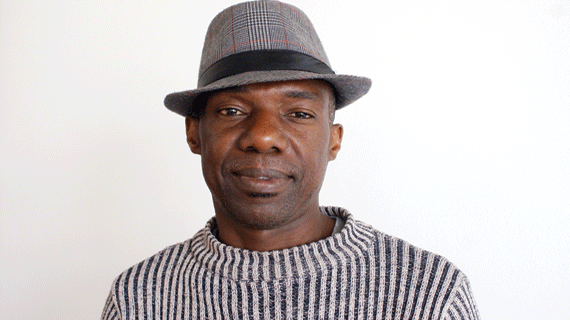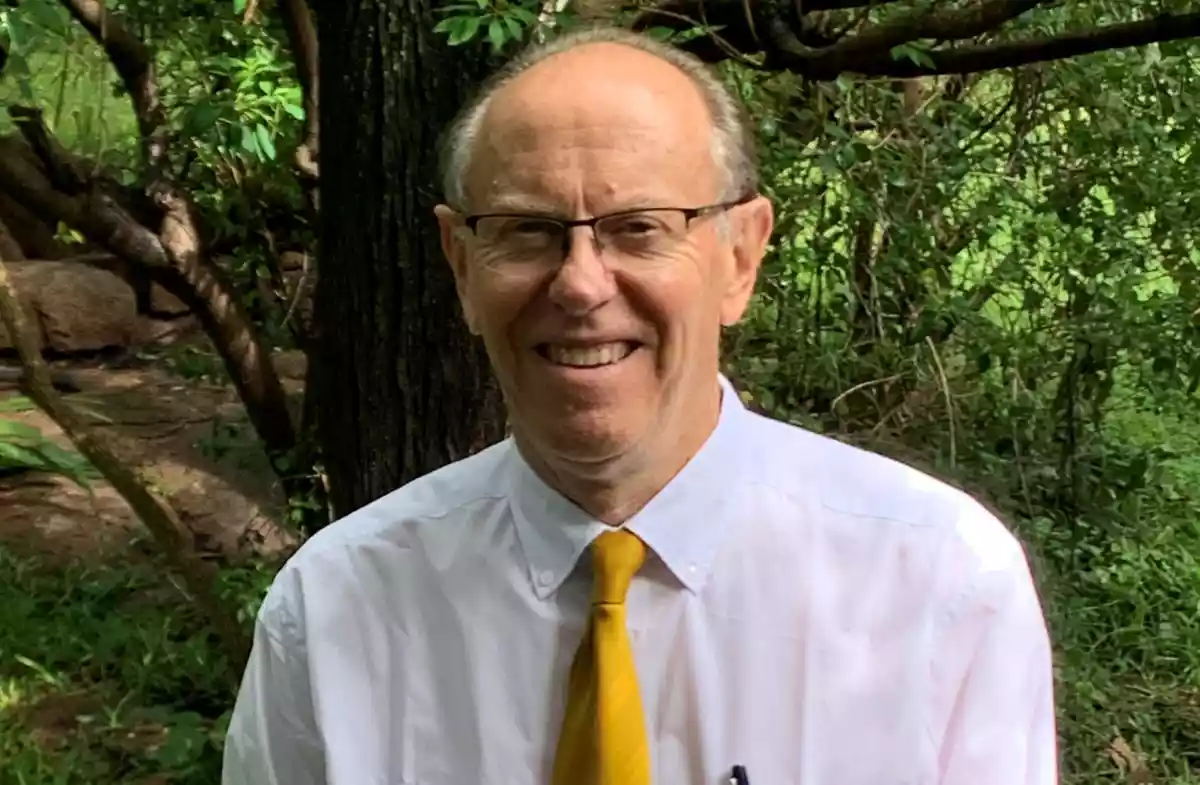
THE civil society movement in Zimbabwe has to reclaim its identity and space to become relevant in an environment where clearly there is donor fatigue and political paralysis.
After the July 31 2013 election whose result was clearly disputed, the opposition went into rigor mortis somewhat stumped by the outcome. Civil society organisations involved in democracy and human rights seem to have taken their cue from this and adopted a wait-and-see attitude.
This was compounded by the inordinate delay by President Robert Mugabe in naming his new Cabinet which turned out to be the ultimate damp squib. While shock wore off with the rest of the electorate, the opposition first launched a flurry of mostly futile electoral court challenges, then slunk back into what has become known in their circles as busani sibone or tongai tione syndrome.
Literally put it means “let’s see how you rule without us”, a position that smacked of entitlement if you ask me. The opposition was hoping that the newly-elected ruling party would flounder, crash and probably burn.
Unfortunately, civic society having fought firmly in the opposition’s corner harboured similar sentiments, that of wait and see. Yet the reality if you consider past experience is that of a Zanu PF that will bulldoze ahead whether one likes it or not. The challenge for civil society is that of relevance in the post-election era.
They have to emerge from the shadows of opposition politics and play their proper role in society. Their role being that of watchdogs that will work to check impunity in government’s conduct of business. There should be independent bodies that hold those in power accountable.
Civil society has been so comatose that the Fourth Estate (the media) has stepped into the vacuum to expose shocking cases of corruption. The ongoing “salary-gate” scandals are a case in point. For all its sins, the polarised media has come in to fill a vacuum that has been left gaping by a civil society seemingly grappling with finding a new agenda in changed circumstances.
The reality facing civil society is glaring. The need to restrategise is critical now more than ever. The environment they have been operating in for the past 10 years had forced them to group into clusters, coalitions and associations for security and financial reasons. As a result the smaller grouping easily lost their identity as the big boys hogged the limelight.
- Chamisa under fire over US$120K donation
- Mavhunga puts DeMbare into Chibuku quarterfinals
- Pension funds bet on Cabora Bassa oilfields
- Councils defy govt fire tender directive
Keep Reading
As donors headed for the hills it has become necessary for these organisations to have a relook at their mission. Going back to the basics, the very reason why they were formed in the first place is essential. This takes introspection that can be provided by conducting strategic planning sessions.
The time when being lost in the noise was fashionable is long gone. Donors will take notice if an organisation makes a compelling case for funding. For a number of smaller entities their impact on communities they were involved in was tangible. That is until the struggle mentality took over. In order to be more effective, civic society were fused into one homogenous movement.
Time has come for these organisations to emerge of the coat tails of big brother.
As a communications consultant, my concern has always been the inability of civic society organisations to independently communicate their mandate to stakeholders.
Therein lies the problem. The reason why the government has a one-size-fits-all description of civic society is that they have not attempted to tell the community otherwise.
The State has labelled civil society as donor-funded sellouts who are being used in regime change. Those of us who know better cannot entirely accept these accusations if you look at the way some of these organisations have positively impacted in the communities they operate in.
The major challenge is to communicate these successes to all the stakeholders that include the public (through the media) and with the government where they can offer their expertise in their programmes.
Some organisations have the seen the wisdom in this approach, particularly those dealing with gender and health issues.
A systematic approach is required where apart from the broader strategic planning process, a communications strategy be formulated where stakeholders are identified and targeted media approaches adopted.
It’s high time organisations became scientific as well as realistic if they are going to attract dwindling financial support for a sector that fills a gap where the State is found wanting.
Civic society has been found wanting in presenting their case. Like the politicians they wait for the media story.
When they don’t get coverage they complain. Whose fault is that? Managing perceptions rooted in the government and society in general is not the job of our largely competitive media.
Who can tell your story better than yourself?
Civic society has to move from employing mere information officers to establishing fully fledged media departments that manage multimedia approaches that produce materials and also manage perceptions, their image and reputation.
It’s time they put their money where their mouth is.
Lenox Mhlanga is a social commentator










